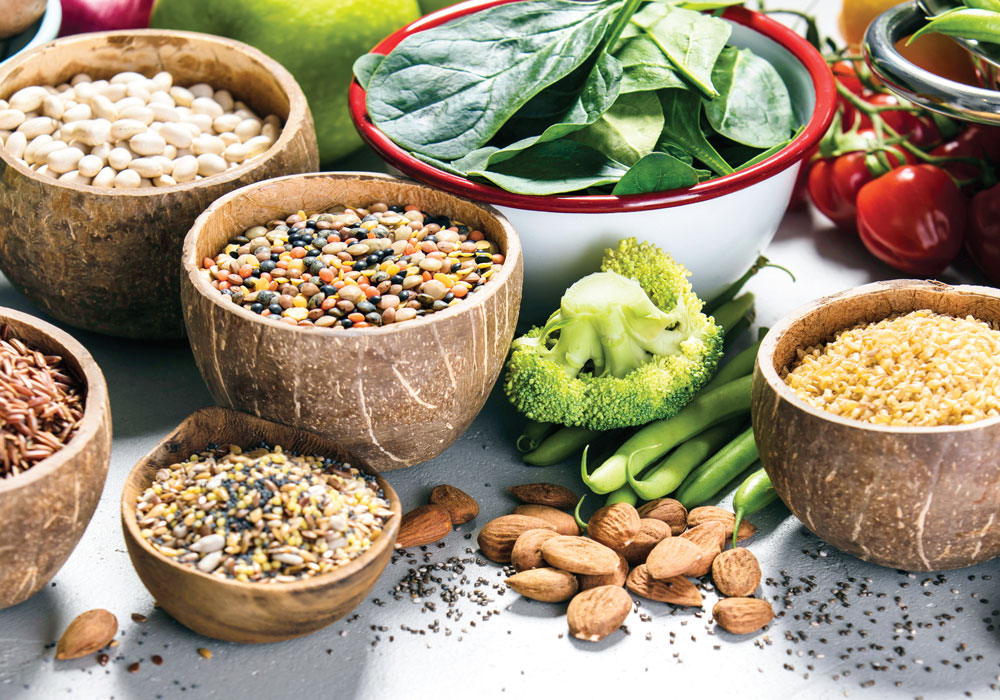By Gary Deng, MD, PhD, and Eugenie Spiguel, MSN, ANP-BC
As the world embarks on unprecedented research efforts to prevent and treat the COVID-19 coronavirus, patients with cancer and healthcare providers alike may be interested in using herbal products to boost their immune system or relieve anxiety and stress. However, finding accurate information is challenging: no herbs have been scientifically proven to prevent or treat COVID-19, and some may even cause harm.
The following evidence-based information on popular herbs used for immunity and to relieve anxiety and stress is adapted from the Memorial Sloan-Kettering Cancer Center’s About Herbs website. The links will take you to the full monographs to learn more about adverse effects and herb-drug interactions.
Herbs and Supplements for Immunity
- Echinacea is widely used to stimulate the immune system and prevent and treat the common cold and influenza. Clinical data suggest that it may help improve immune function, but findings on cold prevention are not definitive.
- Ginger is commonly used in culinary preparations, and it’s used in traditional medicine for cold, fevers, headache, and gastrointestinal disorders. However, no clinical evidence supports antiviral effects.
- Zinc is used to treat the common cold, diabetes, and rheumatoid arthritis. It has been shown to help reduce the symptoms and duration of the common cold, but only when taken within 24 hours after symptoms appear.
- Garlic is a mainstay of many cuisines around the world. Clinical studies show that it stimulates the immune system and may prevent the common cold, but robust data are lacking.
Herbs and Supplements for Anxiety and Stress
- Ashwagandha, referred to as “Indian ginseng,” is widely used in Ayurvedic medicine to relieve anxiety and stress. Clinical studies indicate that it may help alleviate anxiety and stress and improve sleep in patients with insomnia.
- Chamomile is a popular relaxant that’s shown modest benefits for chronic insomnia and anxiety. It was also reported useful for improving sleep quality, fatigue, and depression.
- Valerian is known for its calming effects, but current evidence is insufficient to support its use for reducing anxiety.
- L-theanine is an amino acid in green tea that’s known for its relaxant effects. It was shown to be safe in improving depressive symptoms and anxiety in patients with major depressive disorder.
Oncology nurses have an important role in informing patients that no herbs can cure COVID-19, that indiscriminate use of herbal supplements is unsafe, and that supplements have the potential to interact with prescription medications. The best way to prevent or treat COVID-19 is to follow advice from healthcare authorities and clinicians, not self-medicating with herbs and supplements.






